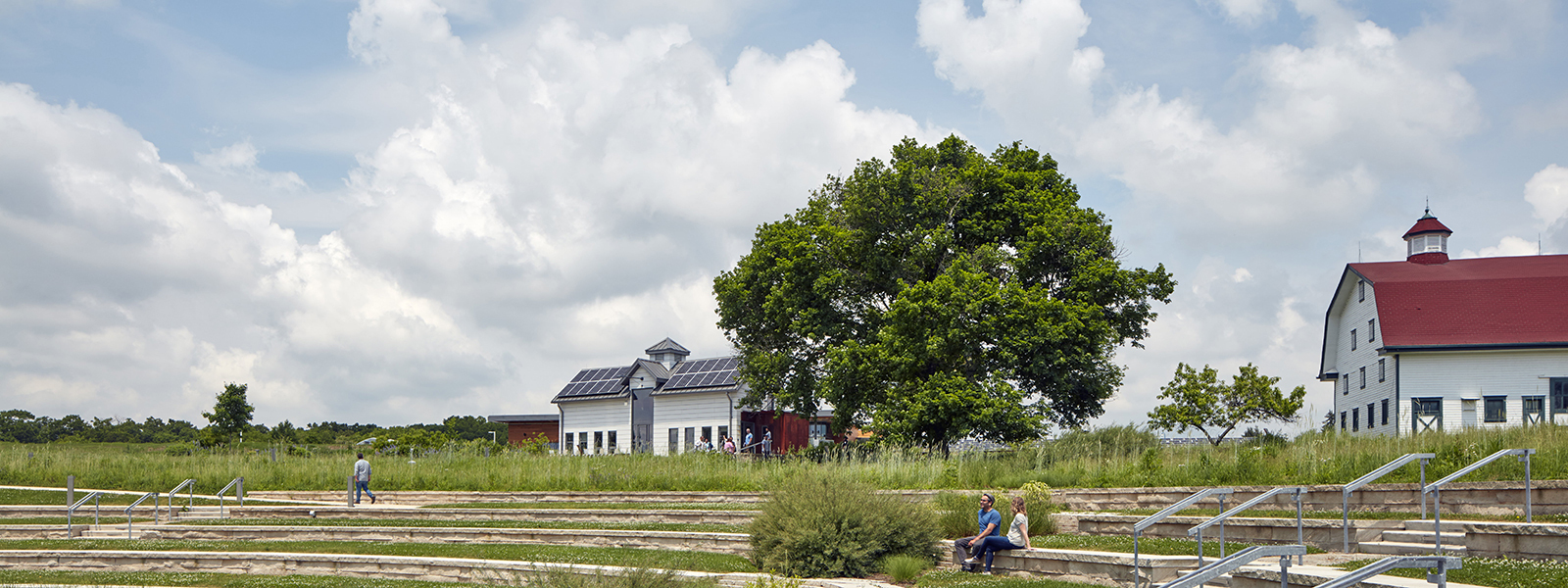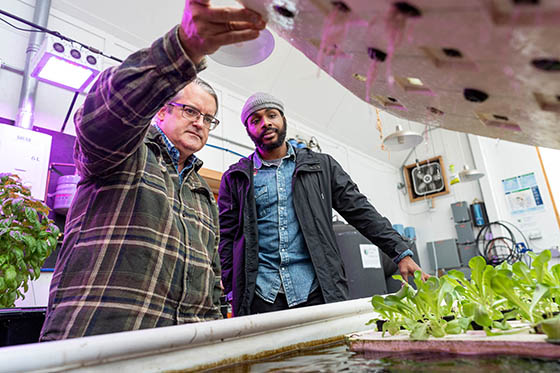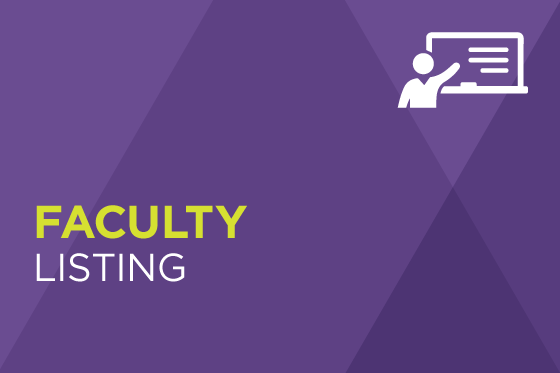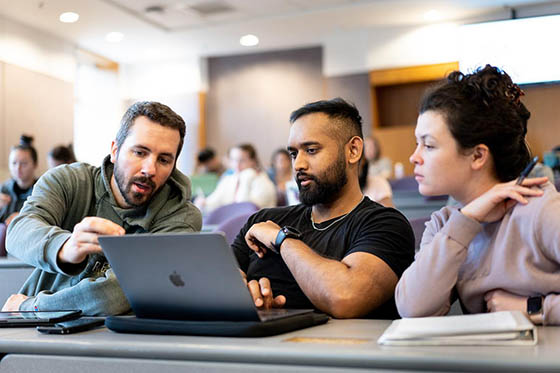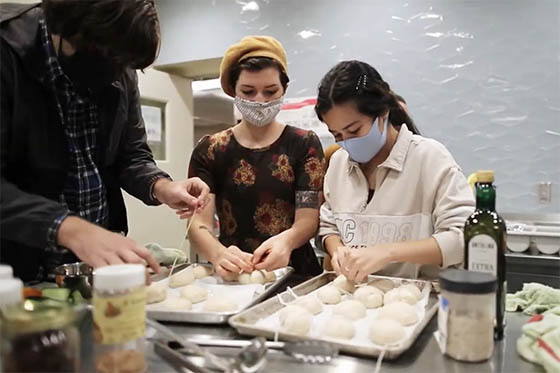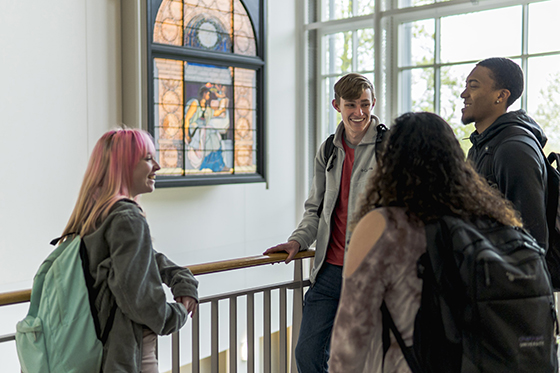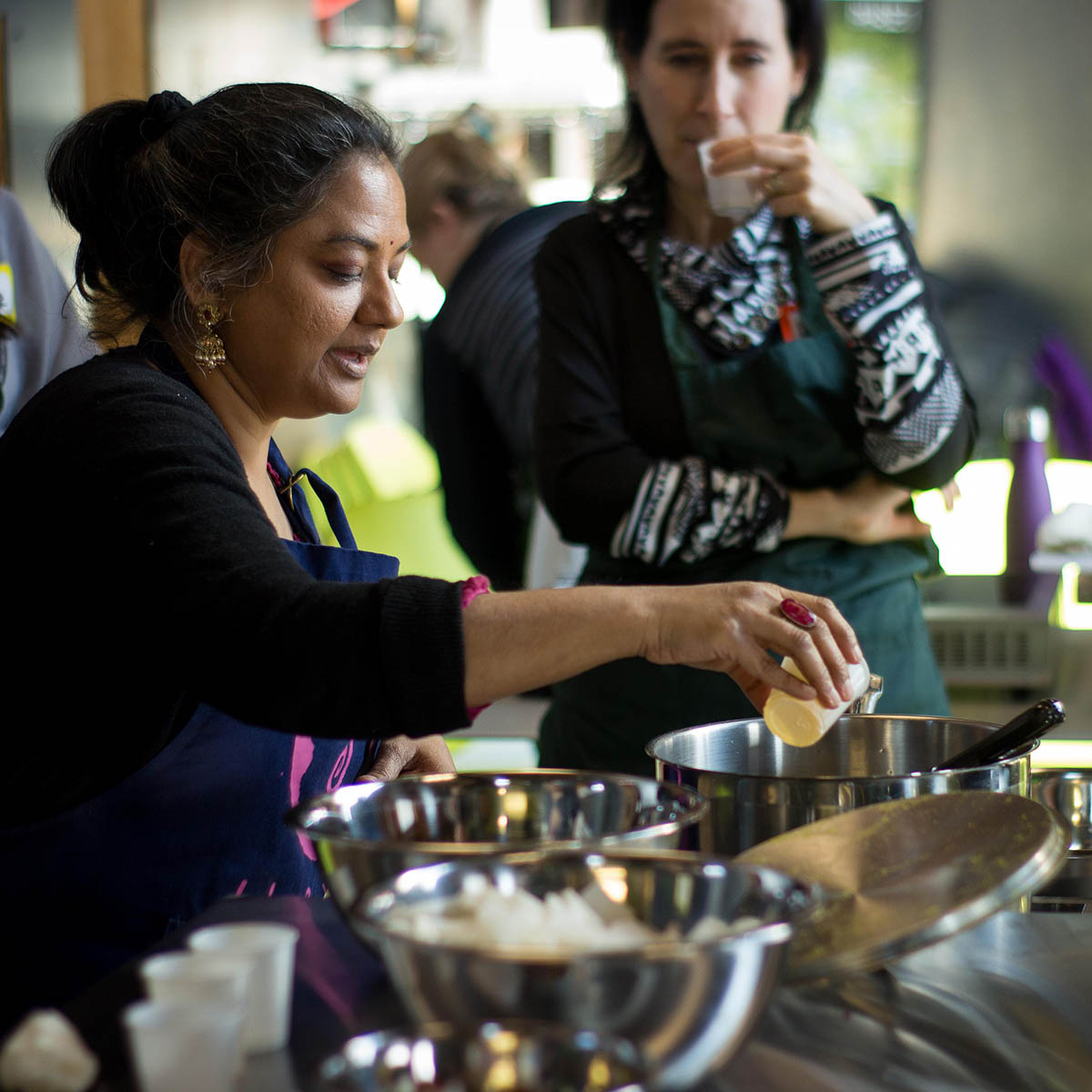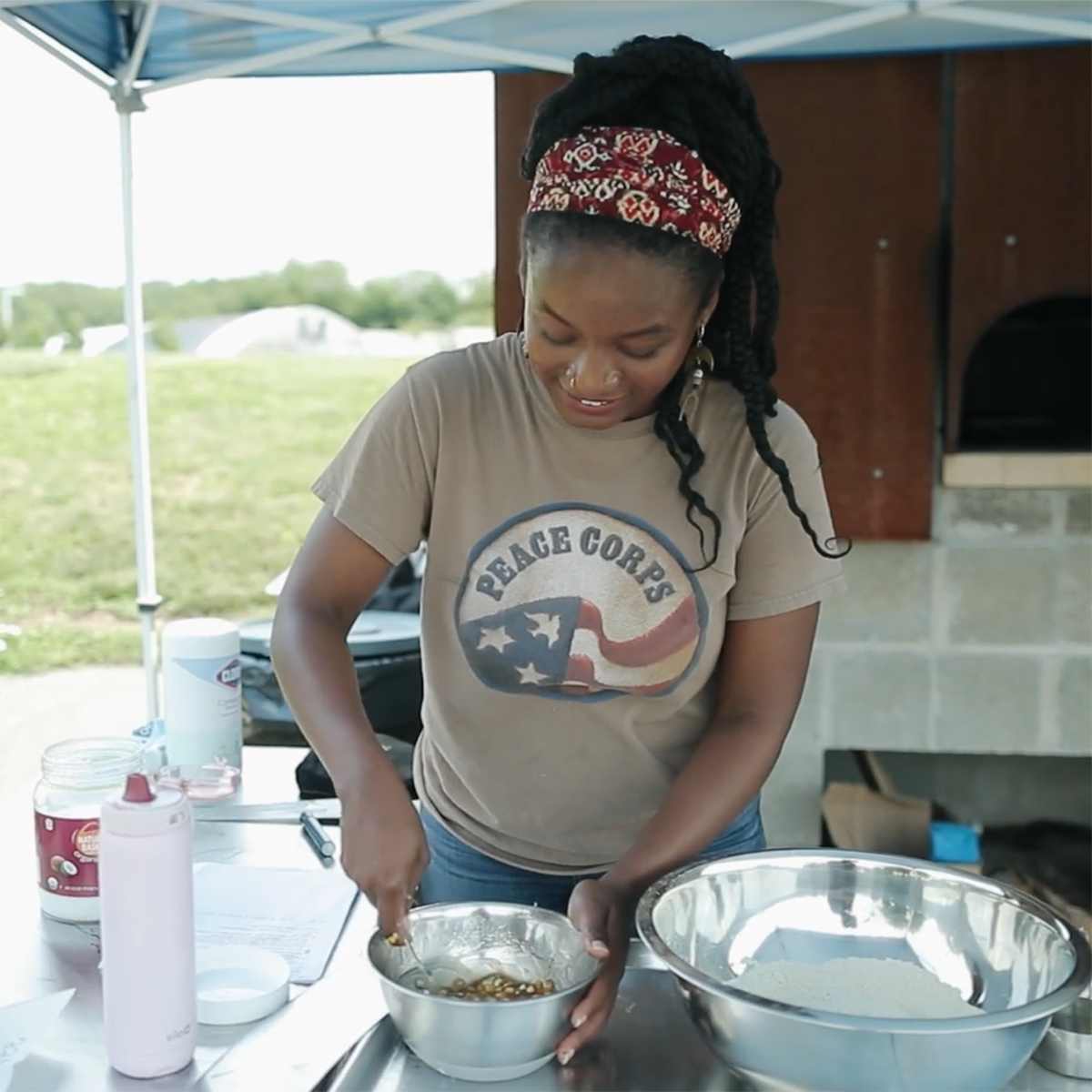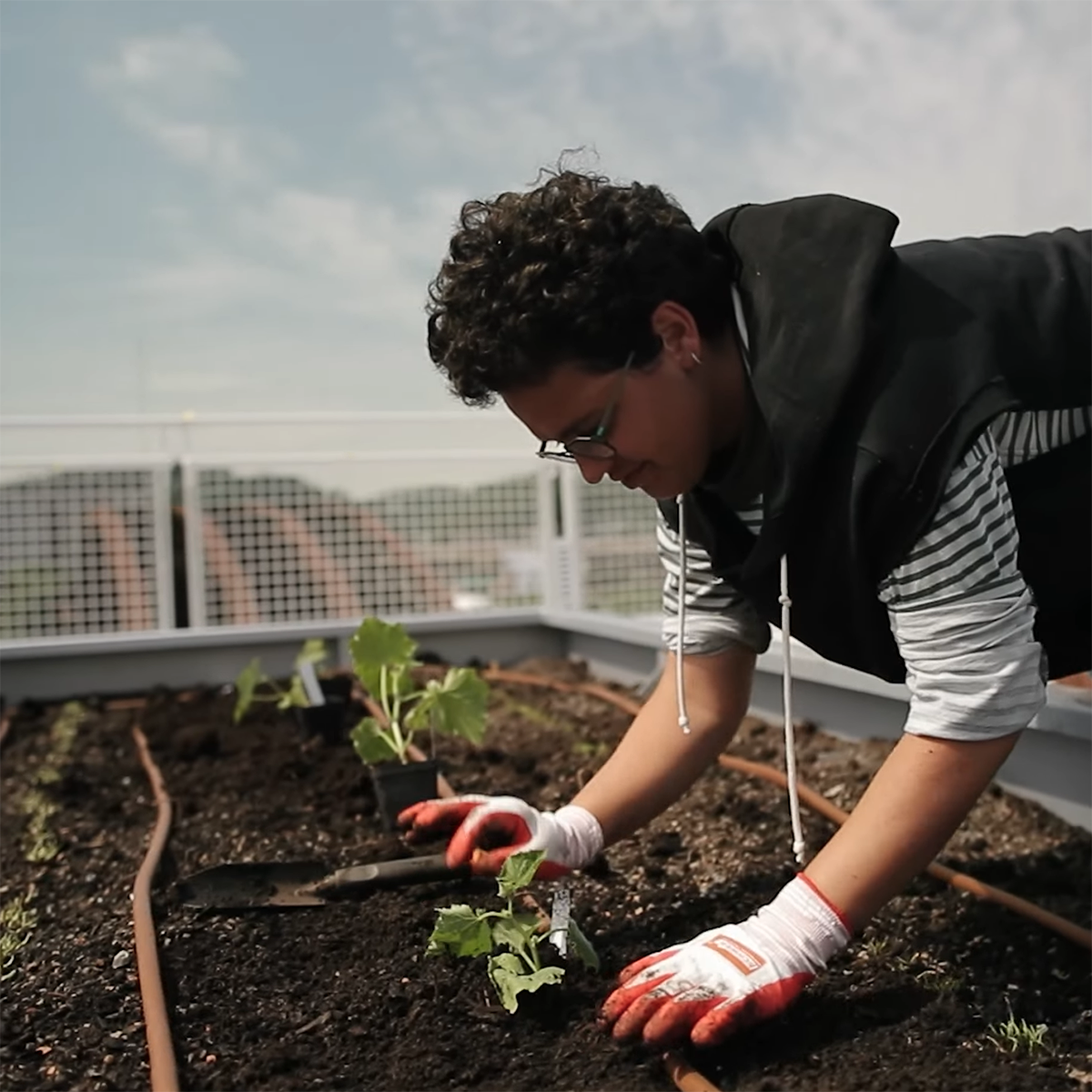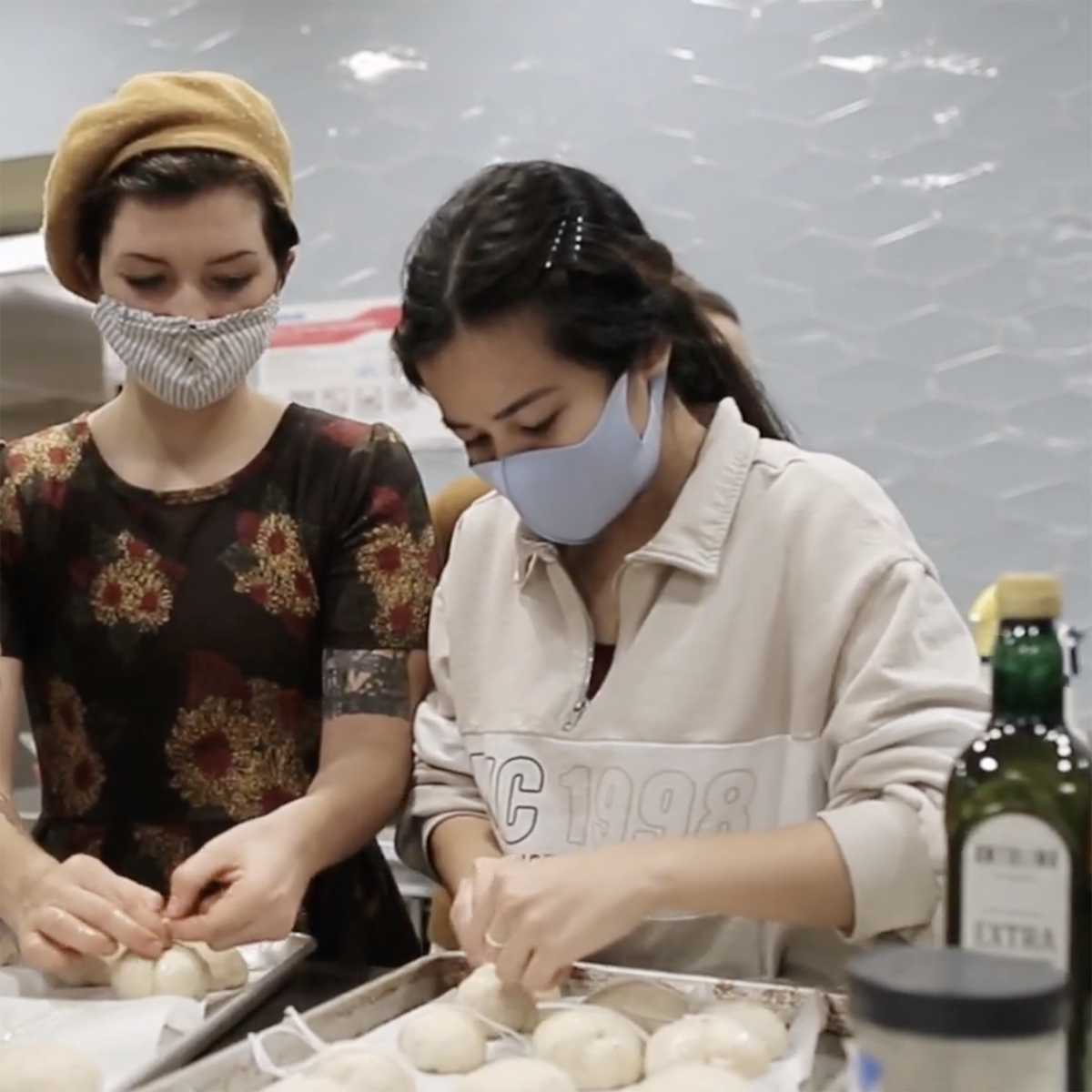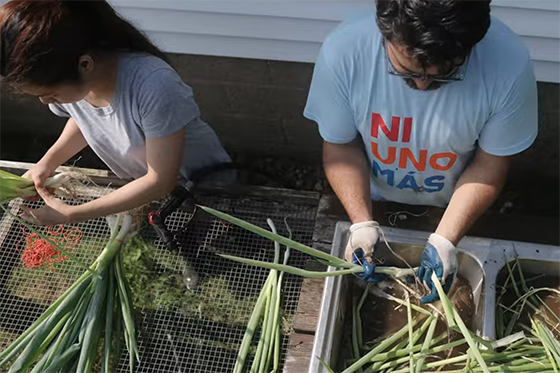
Courses & Curriculum
Students gain semesters of experience and analysis across a wide range of practices, such as beekeeping; fermentation; tree care; seed saving; animal husbandry; pastry and bread making; and other forms of food preservation. During their third year, students have a sequence of courses that puts them in direct engagement with agricultural and culinary practices and with community-based work in food systems and nutrition. Click the button below to explore the curriculum progression and available courses.
Explore BAFS Curriculum : Checkerboard 1 - Courses & Curriculum
